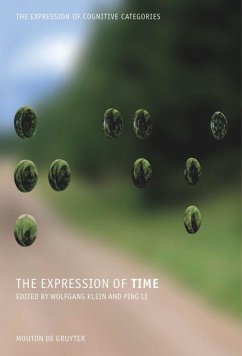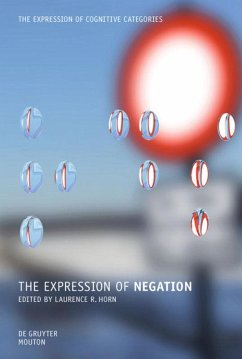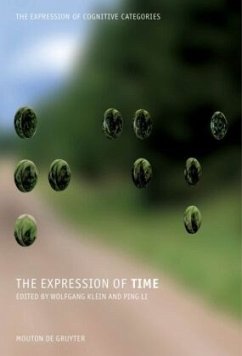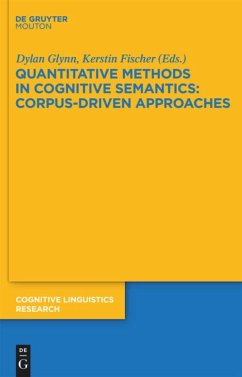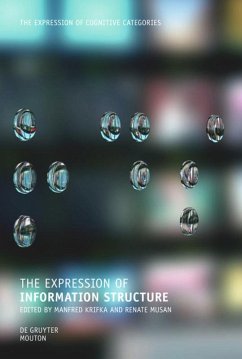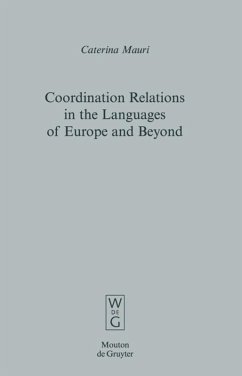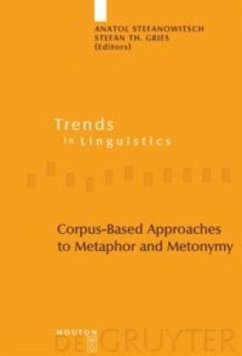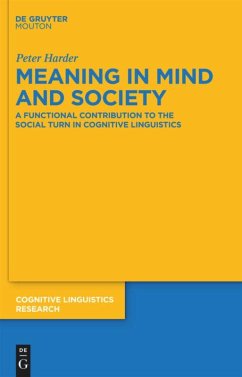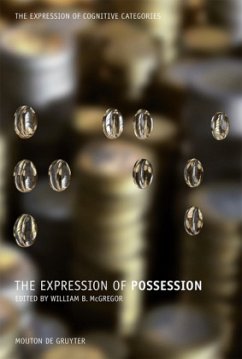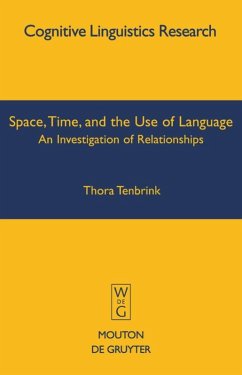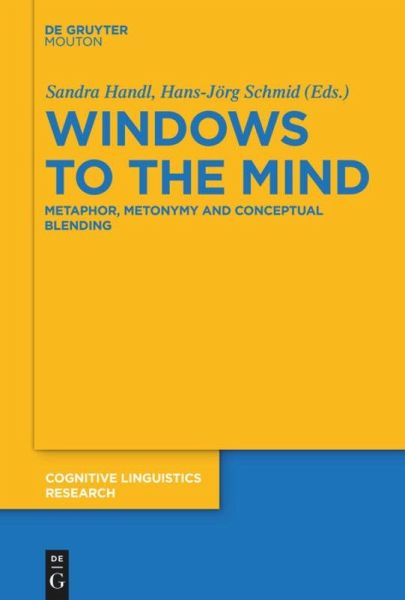
Windows to the Mind
Metaphor, Metonymy and Conceptual Blending
Herausgegeben: Handl, Sandra; Schmid, Hans-Jörg
Versandkostenfrei!
Versandfertig in 6-10 Tagen
131,99 €
inkl. MwSt.

PAYBACK Punkte
66 °P sammeln!
Cognitive linguists are convinced that the nature of linguistic structures is strongly influenced by the way we experience and perceive the world and by how we conceptualize and construe these experiences and perceptions in our minds. At the same time, the study of linguistic structure and usage is credited with the potential to open windows to how our minds work. The present volume collects papers investigating linguistic phenomena that reflect the key cognitive processes of metaphor, metonymy and conceptual blending, which have proven to be highly influential in linguistic conceptualization....
Cognitive linguists are convinced that the nature of linguistic structures is strongly influenced by the way we experience and perceive the world and by how we conceptualize and construe these experiences and perceptions in our minds. At the same time, the study of linguistic structure and usage is credited with the potential to open windows to how our minds work. The present volume collects papers investigating linguistic phenomena that reflect the key cognitive processes of metaphor, metonymy and conceptual blending, which have proven to be highly influential in linguistic conceptualization.
Theoretical and methodological issues, such as metaphor identification and the relevance of the target domain for children's understanding of metaphor, are focused on in the first section. The second and third parts are devoted to the application of the theoretical frameworks of the conceptual theory of metaphor and metonymy and the theory of conceptual blending to linguistic data. The contributions critically explore the explanatory potential of these theories, build bridges between them, link them with other approaches and notions (such as construction grammar, common ground and stance/evaluation), and uncover conceptual regularities and cognitive models that underlie and shape our language use in specific domains. The linguistic structures under consideration span the range from compounds and premodified noun phrases to constructions and texts such as jokes and political speeches. Methods applied include psycholinguistic experiments, analyses of data culled from authentic language corpora and discourse-analytical approaches.
Theoretical and methodological issues, such as metaphor identification and the relevance of the target domain for children's understanding of metaphor, are focused on in the first section. The second and third parts are devoted to the application of the theoretical frameworks of the conceptual theory of metaphor and metonymy and the theory of conceptual blending to linguistic data. The contributions critically explore the explanatory potential of these theories, build bridges between them, link them with other approaches and notions (such as construction grammar, common ground and stance/evaluation), and uncover conceptual regularities and cognitive models that underlie and shape our language use in specific domains. The linguistic structures under consideration span the range from compounds and premodified noun phrases to constructions and texts such as jokes and political speeches. Methods applied include psycholinguistic experiments, analyses of data culled from authentic language corpora and discourse-analytical approaches.



